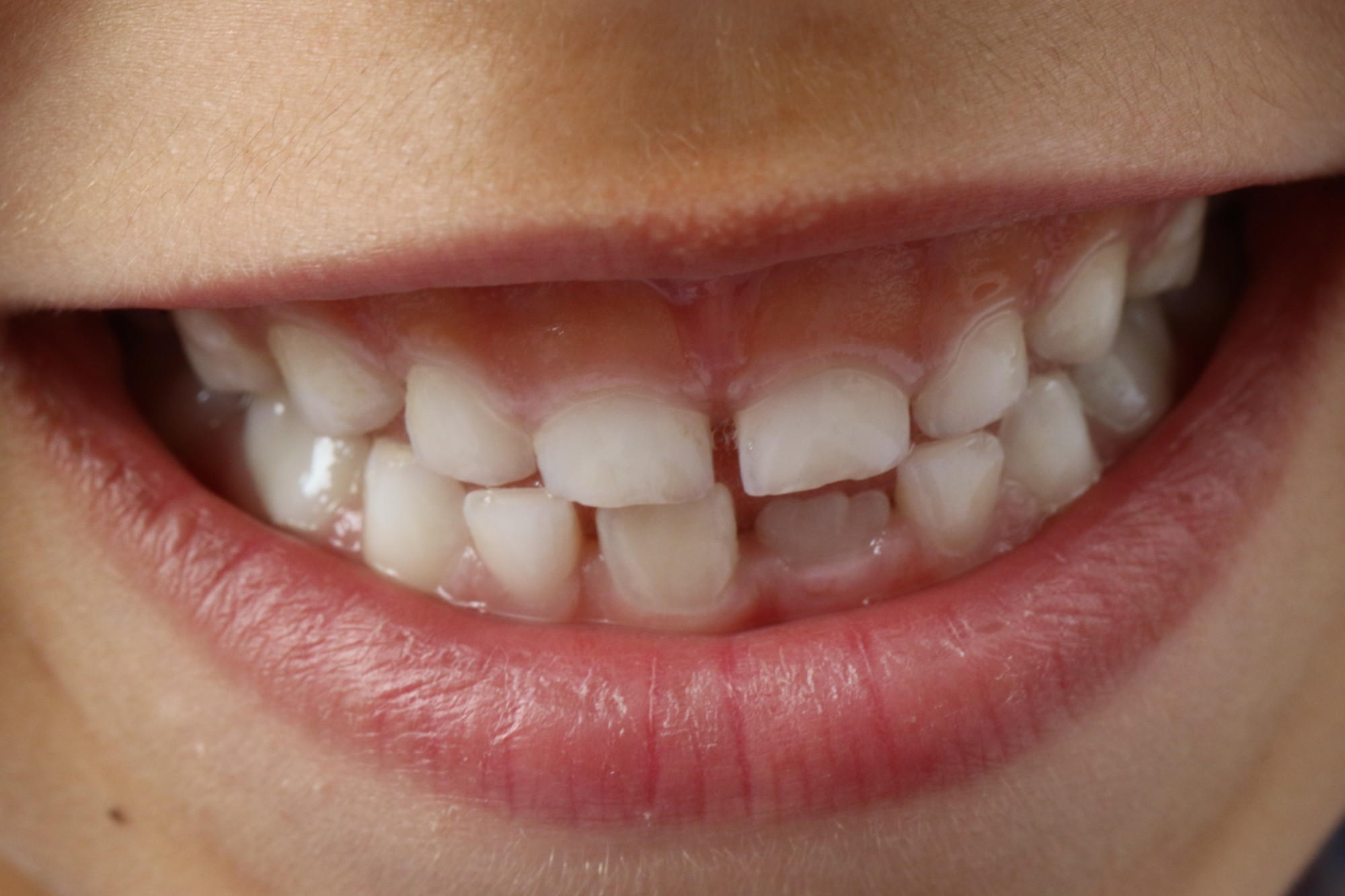 Your preschooler might look cute with that missing tooth, but the orthodontic problems and costs a gap in teeth can create likely won’t be.
Your preschooler might look cute with that missing tooth, but the orthodontic problems and costs a gap in teeth can create likely won’t be.
Costs aside, the American Association of Orthodontists (AAO) advises that missing teeth at a young age can affect your child’s facial development, chewing, and speech and prevent adult teeth from growing correctly.
Using space maintainers, a pediatric dentist can help ensure those missing baby teeth don’t cause problems in your child’s oral development or your wallet.
How Young Is Too Young To Lose a Tooth?
According to MayoClinic.org, most kids begin losing baby teeth around age 6 when adult teeth are ready to come in.
Sometimes a fall can knock a tooth out early. Maybe an early extraction is necessary, leaving a gap in your child’s smile that won’t be filling in any time soon. If a gap remains, surrounding teeth can shift and narrow the gap.
When the time comes, an adult tooth won’t have enough space to grow as it should.
A pediatric dentist can fit your child with an appliance called a space maintainer, which does exactly as it sounds. It maintains the space where your child’s tooth once was.
How Can Space Maintainers Help My Child’s Dental Development?
The benefits of a space maintainer go beyond the prevention of crooked teeth.
A simple tooth gap at a young age can cause tooth impaction or overlapping and overcrowding of teeth. It can also lead to a misaligned bite or speech impediment.
A phase 1 orthodontic consultation with a pediatric dentist office will tell you if your child is heading for oral problems and if a space maintainer can help. If you have a child under age 7, learn more about phase 1 treatment and how it can prevent future dental issues.
What Does a Space Maintainer Do?
A space maintainer holds your child’s teeth in place to prevent the surrounding teeth from shifting. It might be a fixed device that remains in place until adult teeth are ready to come in or it might be removable.
The type your child needs will depend on which teeth are missing and how many. There are four different types of space maintainers, none of which will interfere with your child’s ability to eat or talk as they usually do.
Will a Space Maintainer Cause My Child Discomfort?
Space maintainers are made from either metal or acrylic, and while they initially may feel strange to your child, they won’t hurt.
Braces often cause mild discomfort as teeth shift. Since a maintainer’s purpose is to prevent teeth from moving, your child won’t experience day-to-day discomfort from the device.
Get Your Child’s Smile Evaluated
Treatments such as space maintainers can be far more important to a child’s teeth and gums than a cute smile. Many parents don’t realize the benefits of early orthodontics. Preventing dental issues rather than correcting them is better for your child and your budget.
Browse our other blog articles to find more tips on preventing and correcting oral health problems.
Leave a Reply